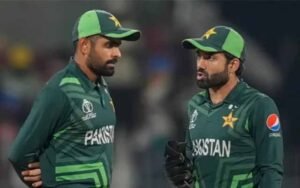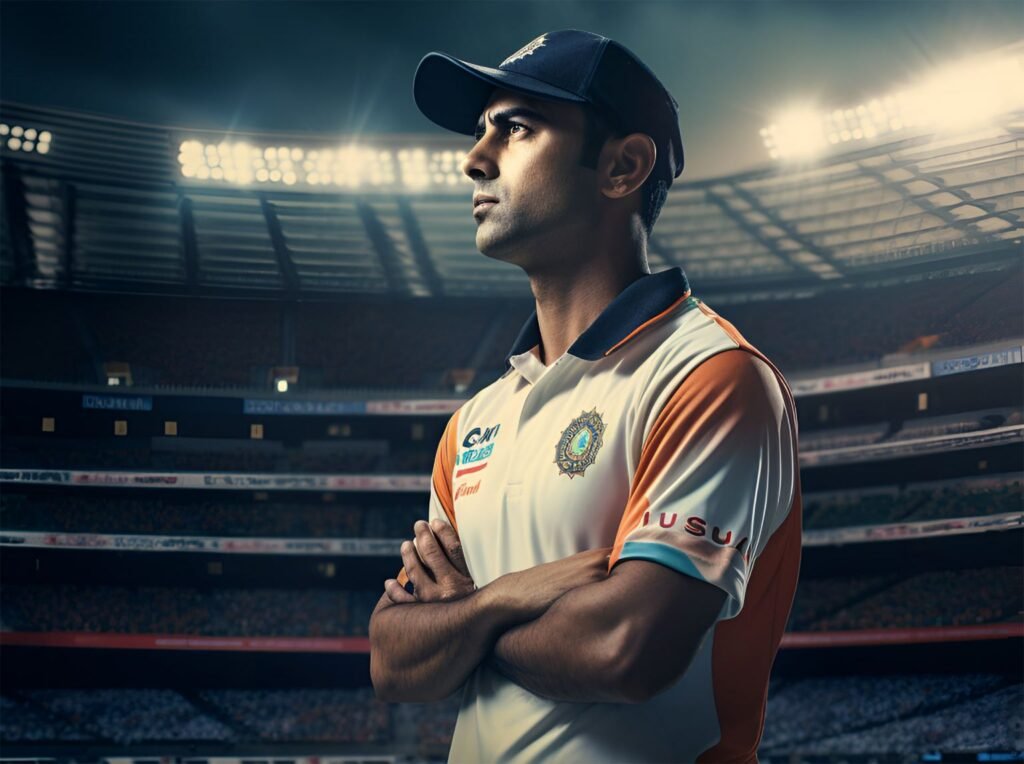
The ICC reportedly considered revising ODI playing conditions to reintroduce reverse swing by altering the two-new ball rule.
The International Cricket Council (ICC) is reportedly considering a major change in ODI cricket by scrapping the use of two new balls, in an effort to bring reverse swing back into the game. According to a Cricbuzz report, this proposal came from the ICC’s Cricket Committee, which is currently chaired by former India captain and BCCI president Sourav Ganguly, and is expected to be discussed during the ongoing ICC meetings in Zimbabwe.
Until the 2013-14 season, ODIs used a single white ball for the full 50-over innings. However, since then, matches have featured two new balls—one from each end—which has kept the ball relatively fresh throughout the innings. This has made it easier for batters to hit big shots even in the later overs, while making life tougher for fast bowlers and spinners alike.
ALSO READ | “Galat Fahmi Dekh Lo”: Virat Kohli Reacts Hilariously To His Debut IPL POTM Interview
As per the proposed change, matches would still begin with two new balls, but from the 25-over mark, only one ball would be used for the remainder of the innings. The fielding side would be allowed to choose which of the two balls to continue with.
While the two-ball system has contributed to higher scores in ODI cricket, many former and current cricketers have criticised it. Veteran India off-spinner Ravichandran Ashwin recently voiced his concerns about the current format.
“But in ODIs, there is no contest,” Ashwin said on his YouTube channel earlier this month. “Until 2013-14, ODI cricket was played with one ball. Before 2015, the new rule was implemented where five fielders were allowed in the circle, and two balls were introduced. I think in many ways that rule was meant to nullify India’s spin domination. That is just my take,” he said.
“I think that is impacting the game massively because reverse swing is gone from the game now. The role of finger spin has also been reduced. The 50-over World Cup (2027) in South Africa is going to be a real challenge for the ICC. It is on the brink of a decision being made because the game is going so slow. It’s meandering along. I have a question in my mind: is there a place for 50-over cricket in today’s game?” Ashwin added.
Apart from this proposal, the ICC is also considering the introduction of in-game clocks in Test matches to improve over-rates. The idea involves a 60-second timer between overs, similar to the system already in place in limited-overs cricket. Fielding sides could face penalties if they fail to stick to the timeline.









